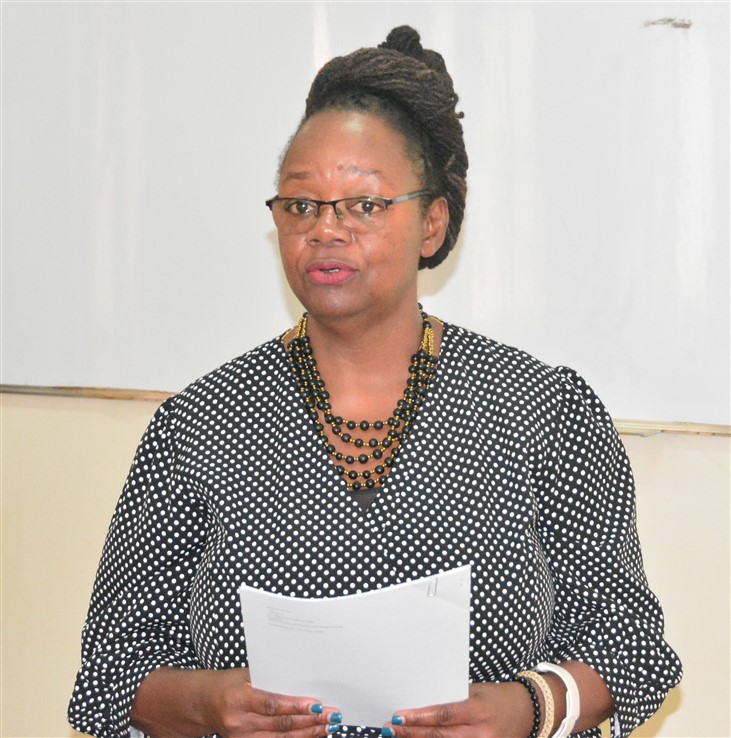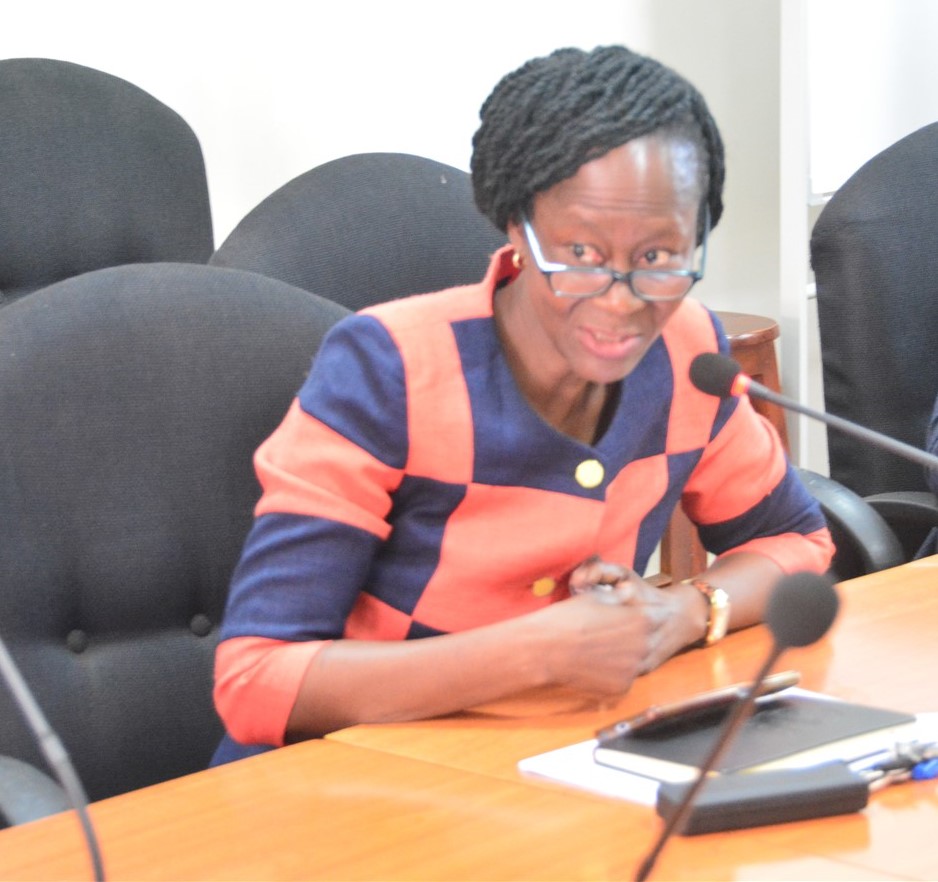By Harriet Musinguzi
The 1st China-Africa Symposium on Urban Water was held on August 8, 2025, at the College of Engineering, Design, Art and Technology (CEDAT). The event formed part of an ongoing research exchange collaboration between the Institute of Hydraulic and Ocean Engineering at Ningbo University, China, and the Department of Civil and Environmental Engineering at Makerere University, Uganda. Ningbo University was represented by 5 academics and researchers led by Prof. David Zhu and Associate Prof. Qian Yu.
The symposium was aimed at strengthening research collaboration on resilient and sustainable water management in the two countries through the establishment of a joint research laboratory. The joint research laboratory will serve as a facility that will facilitate collaborative research, knowledge exchange, and capacity building in water systems and hydraulic engineering in the two institutions.

The symposium was opened by Assoc. Prof. Dorothy Okello, Dean of the School of Engineering, who welcomed the delegation from Ningbo University led by Prof. David Zhu. She lauded the long-standing China–Uganda partnership, noting the impact of the recently concluded CFIT III project, which was focused on the University’s Engineering curriculum review and student innovation. Prof. Okello underscored Water Resources Engineering as a strategic research area for CEDAT in view of emerging climate change and rapid urbanization threats. She recognized Dr. Robinah Kulabako and Dr. Seith Mugume as leading experts who will spearhead Makerere University’s inputs in the setting up of the planned China–Africa Joint Research Laboratory on Urban Water.

In addition, Dr. Kulabako briefed the visiting researchers on the Department of Civil and Environmental Engineering’s 55-year history, its 30-member academic staff, the diverse undergraduate and postgraduate research programmes in Civil and Environmental Engineering, and the recently launched MSc in Sanitation. She also highlighted ongoing research projects that have been completed. A number of these projects have applied cutting-edge computational modelling, AI, and machine learning approaches to solve prevailing water and environmental engineering challenges with funding support from various organizations that including UNESCO, ARUA, GCRF, and the Makerere Research and Innovation Fund (MAK-RIF). Dr Kulabako stressed the importance of the China-Africa research collaboration and its focus on solving industry-oriented urban water challenges with the overarching objective of achieving resilient and sustainable water management in cities.
The symposium featured presentations on recent water research outputs that covered Assessment of the impacts of climate change and urbanization on hydrological extremes in river basins, Multi-phase flows in deep tunnel drainage systems, improved modelling of internal system failure effects on urban flooding, and Machine Learning approaches for simulation two phase flows. The Symposium was organized by Dr Seith Mugume (Makerere University) working in collaboration with Prof. David Zhu and Assoc. Prof. Qian Yu.
